How to Make Sabzeh for Nowruz A Comprehensive Guide
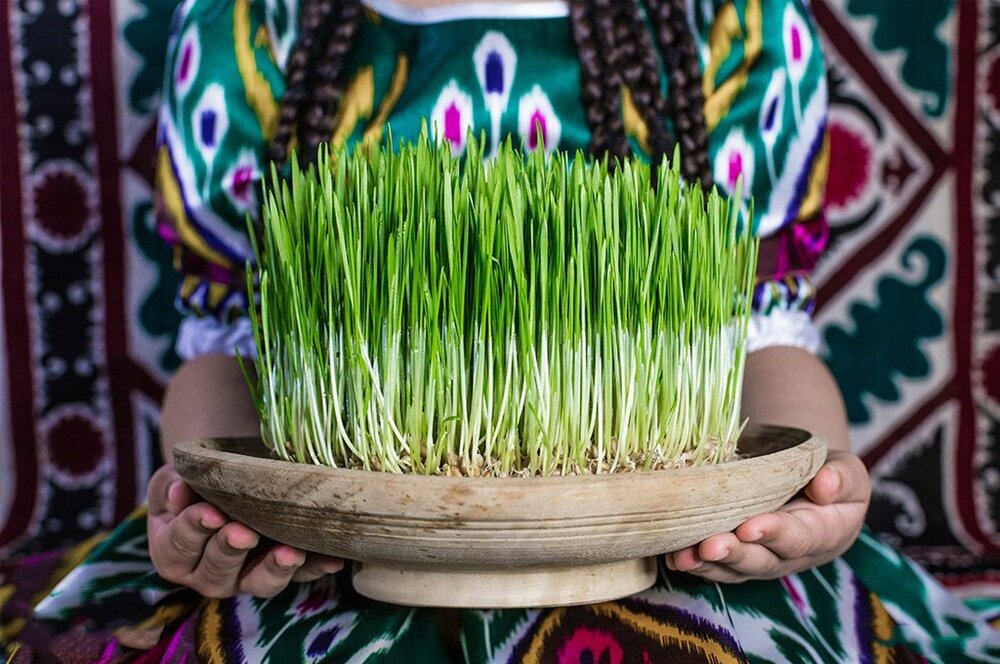
- Persis Collection
- 2 December 2023
- haftsin
- 3 minutes
Sabzeh, a quintessential element of the Nowruz (Persian New Year) table, symbolizes rebirth and renewal. In the heart of Persian culture, Nowruz marks the first day of spring and the beginning of the year in the Iranian calendar. The practice of growing sabzeh, which are sprouted grains, is a ritual that captures the essence of this rejuvenation.
The Historical Roots of Sabzeh
Sabzeh, typically sprouted from wheat, barley, lentils, or other grains, represents the deep-rooted connection between nature and the cultural practices of Nowruz. Its history traces back to Zoroastrianism, the ancient religion of Persia, where it symbolized the triumph of life over death, echoing nature’s seasonal cycle of renewal.
Choosing the Right Grains for Your Sabzeh
To begin, select the type of grain you wish to sprout. Common choices include wheat, barley, lentils, and mung beans. Each grain has its own unique symbolic meaning and growth characteristics. For instance, wheat, often the most popular, represents fertility and abundance.
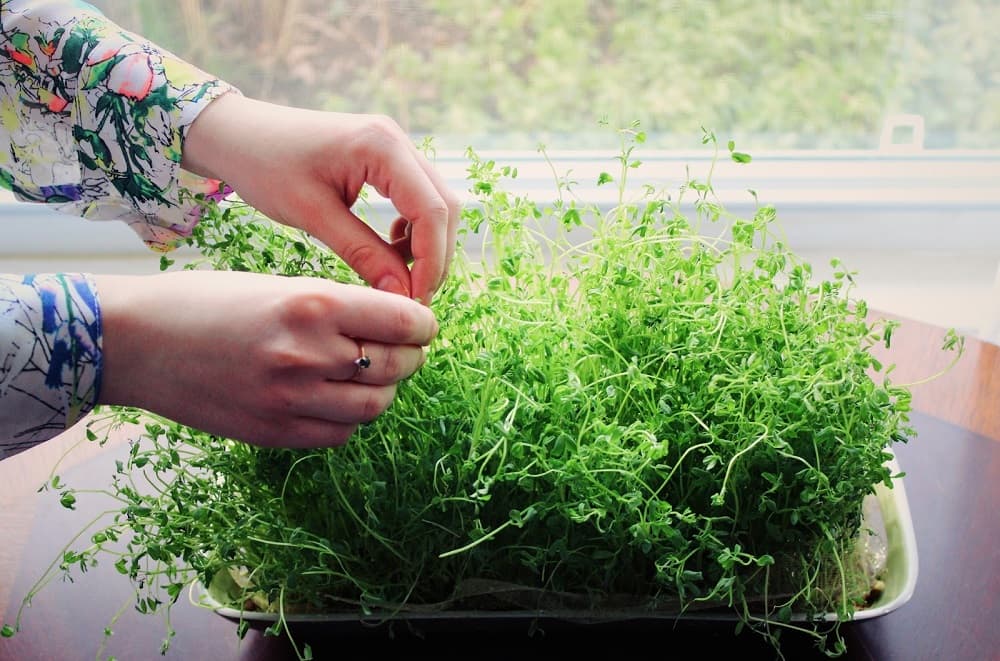
Step-by-Step Guide to Making Sabzeh
Soak the grains in water for 12-24 hours.
Drain the water, spread the grains in your dish, and cover with a damp cloth.
Keep the dish in a sunny spot and moisten the cloth daily.
Watch for sprouts in 3-7 days; ensure regular care for lush green Sabzeh.
Troubleshooting Common Issues
Mold or poor growth can be frustrating. Ensure proper drainage and avoid overwatering to prevent mold. Adequate sunlight and daily care are key to healthy growth.
https://www.persiscollection.com/product-category/persian-home-decor/persian-haft-seen-set-haftsin-nowruz/
Preparing the Grains for Sprouting
Begin by rinsing your chosen grains thoroughly to remove any dirt or impurities. Soak the grains in water overnight, ensuring they are completely submerged. This step is crucial as it awakens the seeds from dormancy and initiates the sprouting process.
The Sprouting Process
After soaking, drain the grains and spread them evenly in a shallow dish lined with a damp cloth or paper towel. Cover the dish with another damp cloth to create a humid environment conducive to sprouting. Store the dish in a warm, well-ventilated area, away from direct sunlight. Regularly moisten the top cloth to maintain the necessary humidity.
Caring for Your Growing Sabzeh
Over the next few days, you will notice tiny shoots emerging from the grains. This is a critical phase where your sabzeh requires attentive care. Ensure the sprouts do not dry out, and avoid overwatering, which can lead to mold growth. Gentle daily care is the key to healthy and vibrant sabzeh.
The Symbolic Role of Sabzeh in the Haft-Seen
As your sabzeh grows, it becomes ready to be included in the Haft-Seen, the traditional Nowruz table setting. The Haft-Seen includes seven items starting with the letter ‘S’ in the Persian alphabet, each symbolizing a different hope for the new year. Sabzeh, with its lush green sprouts, represents rebirth and the rejuvenation of nature.
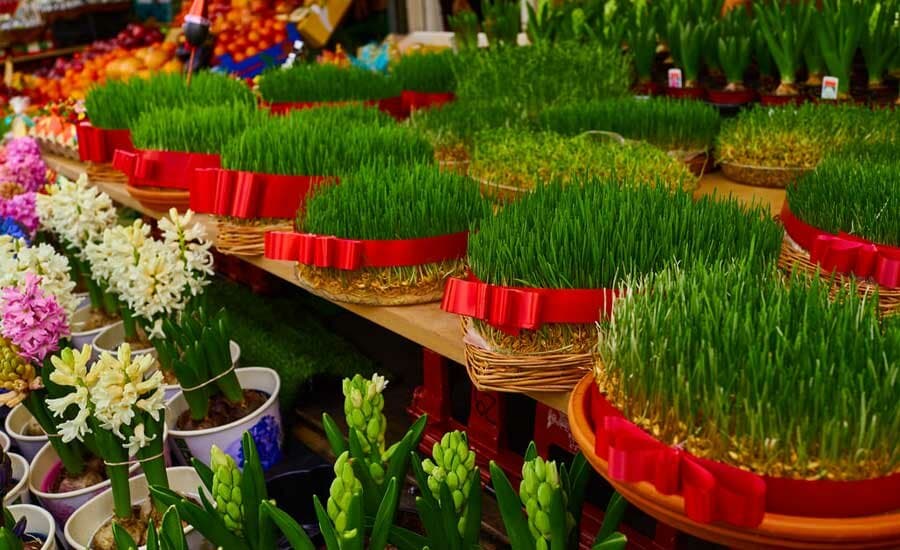
Transferring Sabzeh to the Haft-Seen Table
Once your sabzeh has reached an aesthetically pleasing length, usually about 2-3 inches, carefully transfer it to a decorative plate or bowl. Place it at the center of your Haft-Seen, where it will stand as a vibrant centerpiece throughout the Nowruz celebrations.
The Fate of Sabzeh After Nowruz
Traditionally, at the end of the Nowruz festivities, which last thirteen days, the sabzeh is taken outdoors and released into a natural body of water. This act symbolizes the release of the old and the embrace of the new, as well as a return of the sabzeh to nature.
Conclusion
The practice of growing sabzeh is a beautiful and meaningful tradition that adds depth and symbolism to Nowruz celebrations. It is a reminder of the cycle of life, the importance of nurturing, and the beauty of new beginnings.







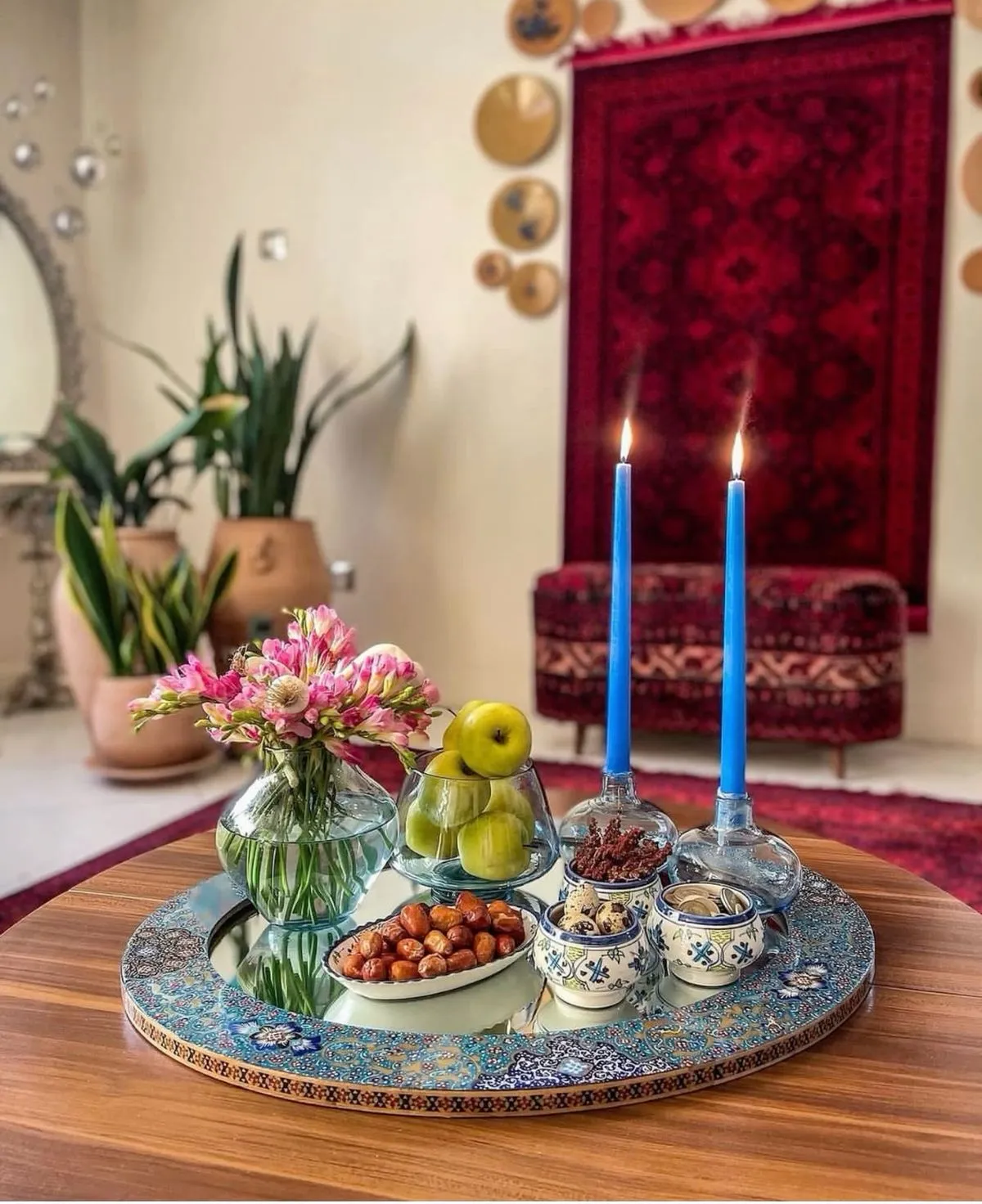
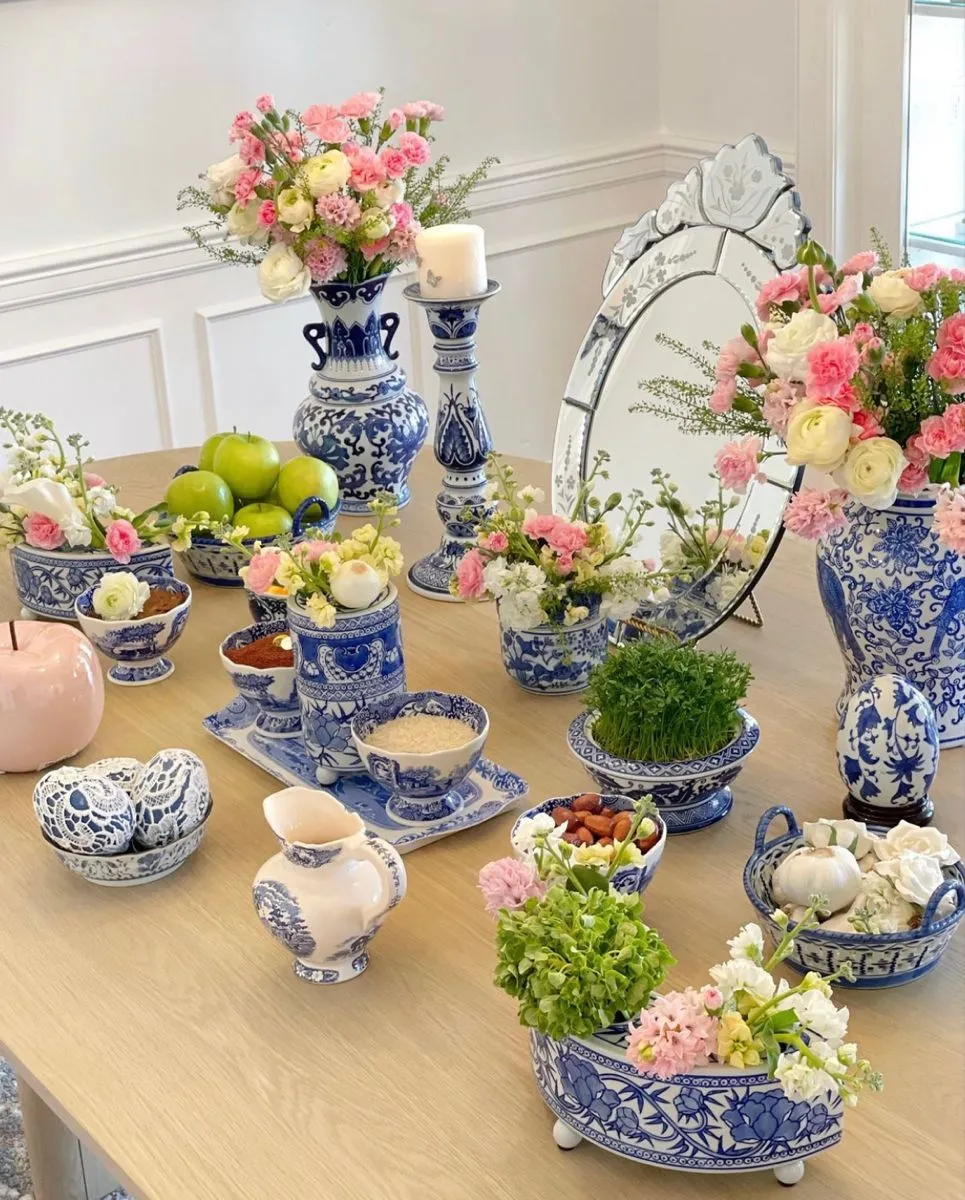
Comments